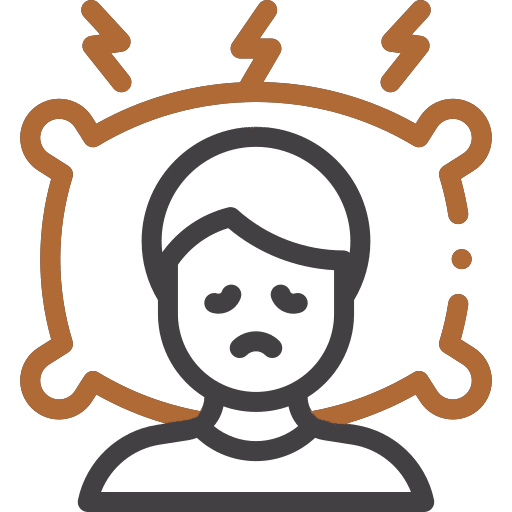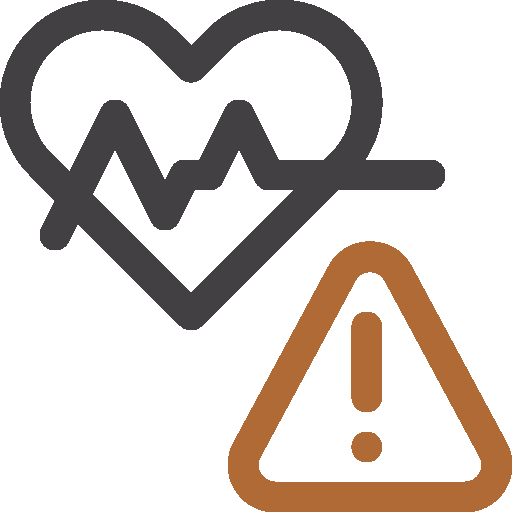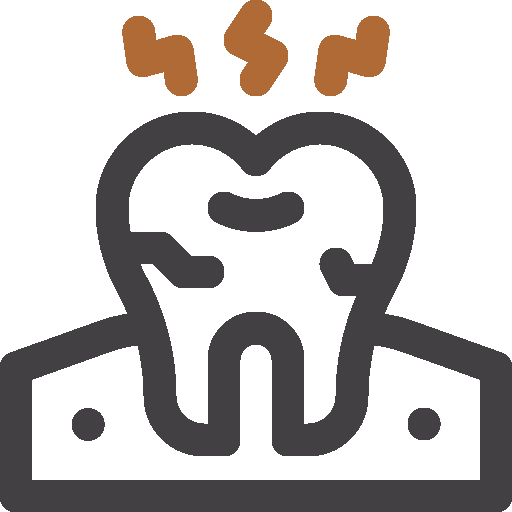Methamphetamine, commonly referred to as meth or crystal meth, is a highly potent and addictive drug that has devastating effects on both the mind and body. This article aims to shed light on the signs and symptoms of meth use, offering valuable insights into the world of meth addiction and its repercussions. By exploring the side effects of methamphetamine, we aim to raise awareness about the life-threatening consequences associated with chronic methamphetamine abuse.
According to the National Treatment Episode Data Set (TEDS) report, around 53 out of every 100,000 individuals sought treatment for methamphetamine-related problems like side effects at specialized addiction treatment facilities in 2014.






















